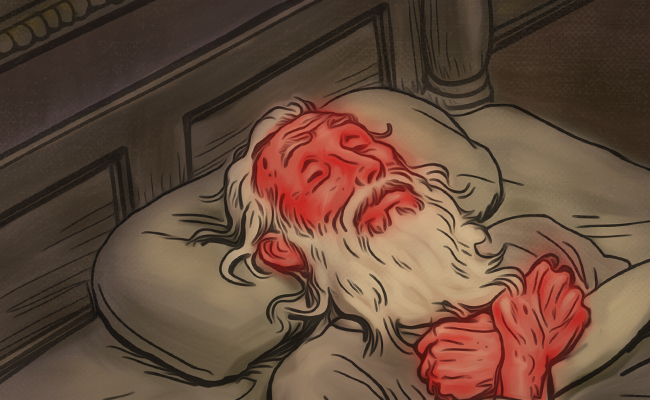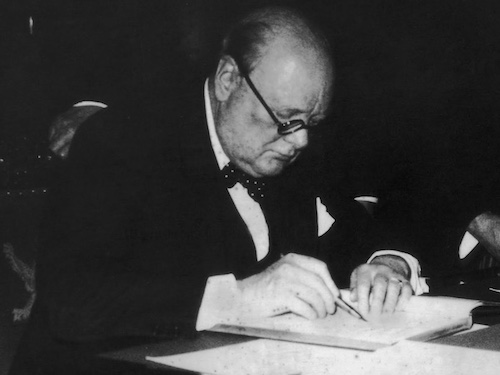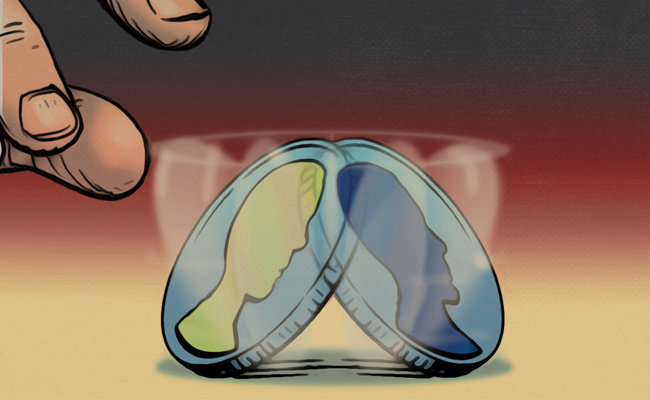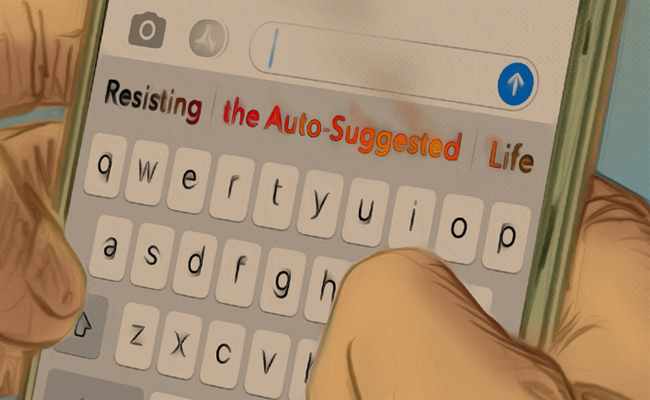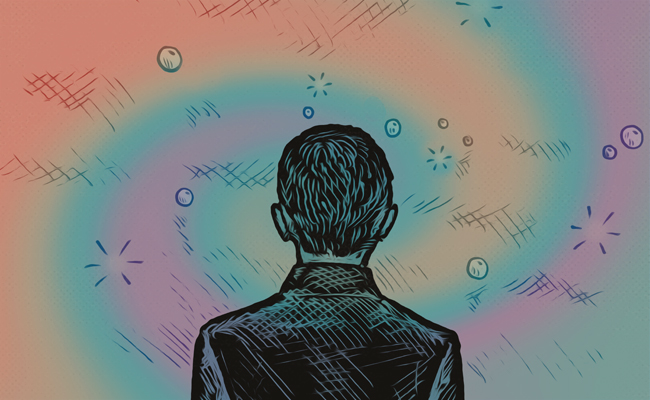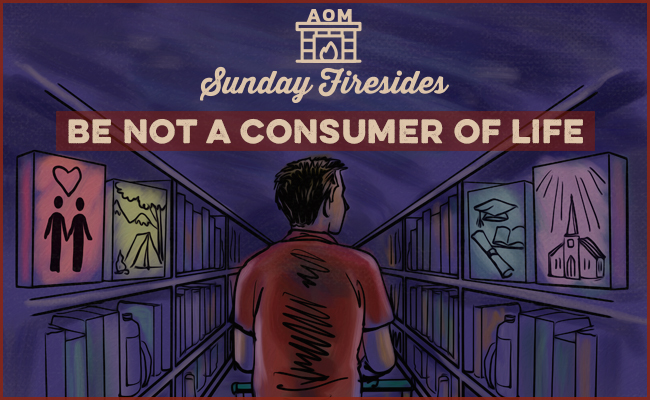
Consumerism is largely associated with the desire to acquire material goods. But ever since its dawning at the turn of the 20th century, its ethos has slowly, often imperceptibly, seeped into all aspects of life.
Everything, from pot holders and parks, to restaurants and books, to surgeons and professors, can be rated by any individual. Churches survey their congregants to see if they’re satisfied with their services; colleges poll their students to assess their happiness with their education. Those who are looking for a romantic partner can browse through potential candidates on dating apps as easily as browsing the commodities on the shelves of a store.
Though each individual wears many hats — husband, father, friend, scholar, employee, parishioner — each of these roles is colored by the modern meta identity: customer. As a customer, we feel entitled to numerous options, one of which must exactly meet our distinct tastes. As a customer, we’re only loyal until the opportunity for an upgrade comes along. As a customer, we’re always right.
The problem, of course, is that as human beings, we’re often wrong. Very wrong.
When we approach life as a consumer, we shop around for things that meet us where we are. Or we demand that the available options change themselves to be better suited to meet us where we are.
But there are aspects of life that have an intrinsic value that has nothing to do with our personal preferences. It’s not the thing that must shape itself to our desires, but our desires that must shape themselves to it.
Sometimes, when something challenges, disorients, and discomforts us, we can feel to give that person/philosophy/community/experience a one-star review. But though as a consumer it may not be something you want, as a human being, it may be exactly what you need.


